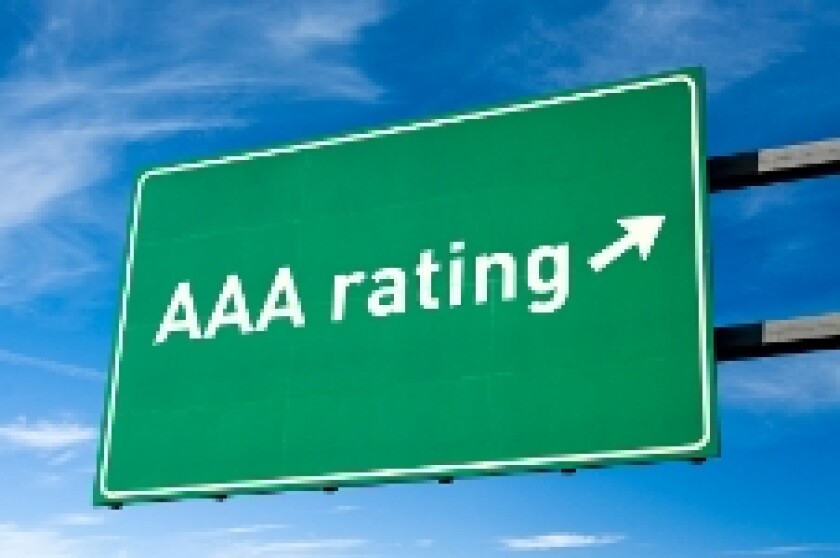There may of course be other reasons that Catalonia picked S&P as the one to drop (see online story for full details), and its reasoning as a cost saving measure is no doubt true. But one has to question the value of these ratings if issuers can drop them so easily.
S&P rated Catalonia B+, while Moody’s, Fitch and DBRS rate it Ba3/BB/BB. Catalonia intends to keep those three ratings, but were it to seek more savings, or the regulatory burden drop to just one rating, then you can make a pretty good guess as to which agency would be next for the chop — hint, it’s the one a notch below the others.
With the 10 year anniversary of the Lehman Brothers bankruptcy approaching, it’s a good time to take stock of the lessons learned from that event — and those not. The tendency for rating agencies to put triple-A lipstick on junk bond pigs was of course one of the big features of capital markets that had to change.
The ability to drop ratings one doesn’t like is of course a far cry from that, and in a capitalist society one should be free to pick whose products to buy.
But there is a cognitive dissonance when regulators require credit ratings, but issuers can choose who provides them.
Part of the GlobalCapital package is our Bond Comments section, where market appraisals show the strength of deals from the perspective of people who did not work on them. Were we to follow the credit rating model, then our subscribers would be able to drop those appraisals that painted them in a bad light — rendering the feature useless.
Perhaps, if borrowers are required by regulators to have at least two rating agencies score their bonds, then they should also be limited to two. Otherwise there is an implicit advantage to hiring more — then trimming those that bring your average down.
If a borrower wanted to replace one of the agencies, for whatever reason, then it could do so — but it should not be able to find out the new rating until the old one has been lost.
Such limits would likely take a big slice of agencies’ revenues. But that would be more than made up for by the greater trust these ratings would gain.

